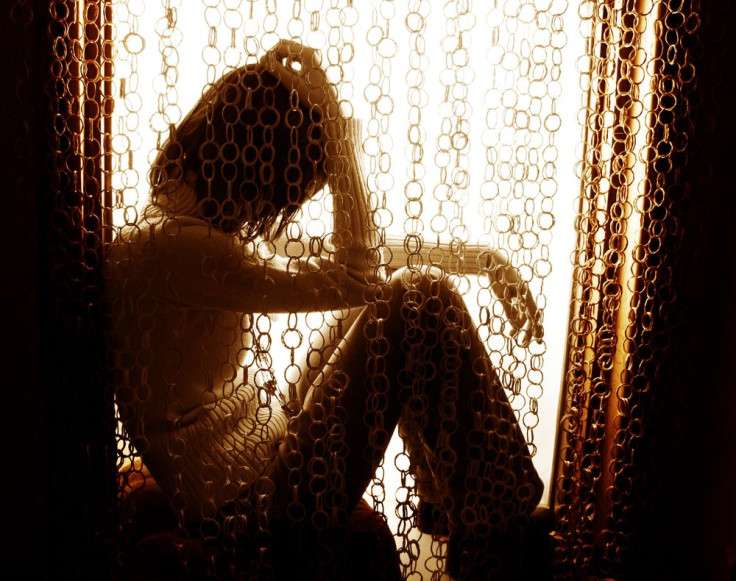Vitamin D Deficiency Linked To Schizophrenia, But That Doesn't Mean It Causes The Mental Health Disorder

Vitamin D is among the most important nutrients our body needs to function. It helps the body absorb calcium, which then helps to strengthen our bones, preventing bone and tissue damage. It’s also one of the easiest vitamins to acquire. Although it’s difficult to find in food, standing under the sun causes the body to synthesize vitamin D, thus giving it the name, the “sunshine” vitamin. A new study, however, finds that being deficient in the sunshine vitamin is somehow linked to double the risk of having schizophrenia.
“This is the first comprehensive meta-analysis to study the relationship between the two conditions,” said study author Dr. Ahmad Esmaillzadeh, of the Isfahan University of Medical Sciences in Iran, in a press release. “When we examined the findings of several observational studies on vitamin D and schizophrenia, we found people with schizophrenia have lower vitamin D levels than healthy people. Vitamin D deficiency is quite common among people with schizophrenia.”
But concluding that vitamin D deficiency actually causes schizophrenia may be taking the correlation too far. Instead, vitamin D deficiency may be a result of having schizophrenia. The brain disorder is characterized by an abnormal perception of reality, in which a person suffers hallucinations, delusions, and disordered thinking, according to Mayo Clinic. With such severe symptoms, schizophrenics tend to become anxious, depressed, aggressive, and experience social isolation.
It’s this social isolation that some researchers hypothesize is the reason for schizophrenics’ vitamin D deficiency. They go out less, whether it’s from fear or depression, which leads to lower levels of sunlight. People who stay in psychiatric hospitals also get less sunlight, spending their days mostly indoors. Further supporting this case is the fact that more schizophrenics tend to be black than any other race — their dark skin blocks ultraviolet B radiation, which is important in helping the body synthesize vitamin D. Still, the current study points yet again to the need for schizophrenic patients to get more vitamin D.
For his study, Esmaillzadeh and his colleagues looked at the findings of 19 observational studies that found an association between schizophrenia and vitamin D deficiency — mostly by analyzing vitamin D levels through blood. In all, there were 2,804 adult participants. They found that people with vitamin D deficiencies were a little more than two times as likely to also have schizophrenia. Overall, 65 percent of the schizophrenics who were studied were deficient of the sunshine vitamin.
“There is a growing trend in the nutrition science field to consider vitamin D and its relationship to conditions such as diabetes, cancer, heart disease, and depression,” Esmaillzadeh said. Vitamin D deficiency has been linked to everything from a higher risk of anemia in black children to severe preeclampsia in pregnant mothers. Now, the researchers said that more research is needed to determine exactly what vitamin D’s link to mental health disorders is.
Source: Esmaillzadeh A, Valipour G, Saneei P. Serum Vitamin D Levels in Relation to Schizophrenia: A Systematic Review and Meta-analysis of Observational Studies. Journal of Clinical Endocrinology & Metabolism. 2014.



























